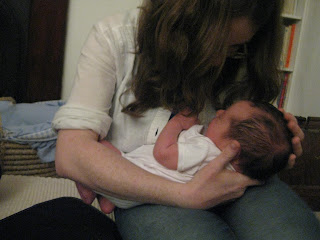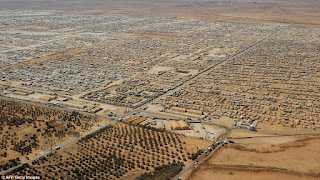War on our screens and how it gets there

Source: Freedom House
To the non-conspiracy theory minded, trends are like ethereal, bodiless spirits larking from stool to stool in the wilderness of the public. In an attempt to attribute some logic to their flow, order to their haphazardness, sense that they might reflect agency rather than pure submission, some people try to align them with our basest appetites.
If they fulfill primal desires, they fulfill those which are
both visually depicted, and those which are better side-stepped, left
unexpressed, perhaps for lack of words, or images, or trends of their own which
can be used to align and guide them.
One of those primal desires is guilt and its absolution – impossible,
you say, to secure simply, if that guilt is of the complex, grumbling,
shapeless kind that purveys modernity’s fora. Guilt is as insatiable as lust in
modern times, which makes it such a good commercial tool. Recreating itself ad
infinitum, it purveys the perpetual multiplication that capitalism defines
itself by. New markets, new lands, new minds, ever-present hunger. And yet,
quick fixes are the antidote to these lusts that are promoted. No, head aches
never go away, the Nurofen chants, it’s only in the split second that we work
our magic, hence the task of aggrandizing that split second until time itself has
a definite weight in gold.
One quick fix, although certainly not a sure defence, for guilt is attained through a kind of warping of the guilt’s source. Guilt rears its head with comparison. We live suitably warm or cool, suitably fed or rested, while others are in anguish. Imagery of hell fire abounds. The soul revisits its inner self. Better if you don’t meet anyone who has actually been affected by the tragedy your personal screen is unfurling. That way you can mold it as you like.
Where a situation is intractable, guilt is obediently
answered by re-framing the question slightly. If the premise is war, the
conclusion might be framed as letting more refugees in. But that doesn’t solve
the war. It doesn’t answer the needs of the 19.5 million other people who are
not allowed to become asylum seekers in Europe. It doesn’t answer the fact that
the refugees, though arriving in a quagmire between legality and illegality, are
filtered out by income. Those who can afford it arrive, hence passionate statements
from politicians about engineers dying in the oceans and from NGOs about Brahms
lovers seeking refuge. None of this means their plight should be belittled. But
by allowing the minority asylum, you are not providing justice for the majority
who are left without asylum. To take it even further, in the current global
system, which is punctuated by the junctures of borders whose existence are only seen, perceived
and felt by those with certain passports, letting a whole country in because of
a war in their place of origin without doing anything about that war is not philanthropic. It is part of a concerted
effort to redistribute human beings in a way that evades their own agency.


Comments
Post a Comment